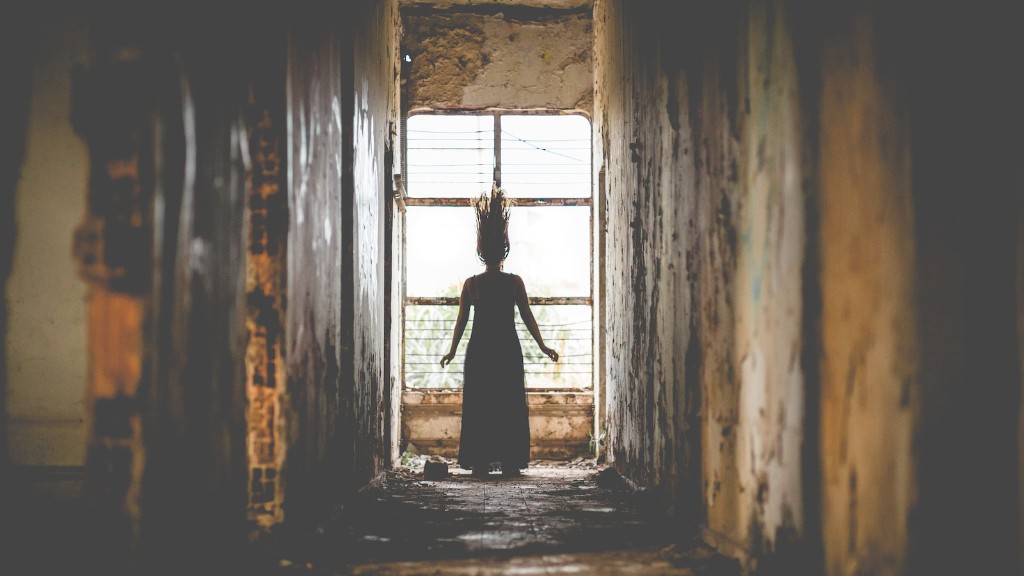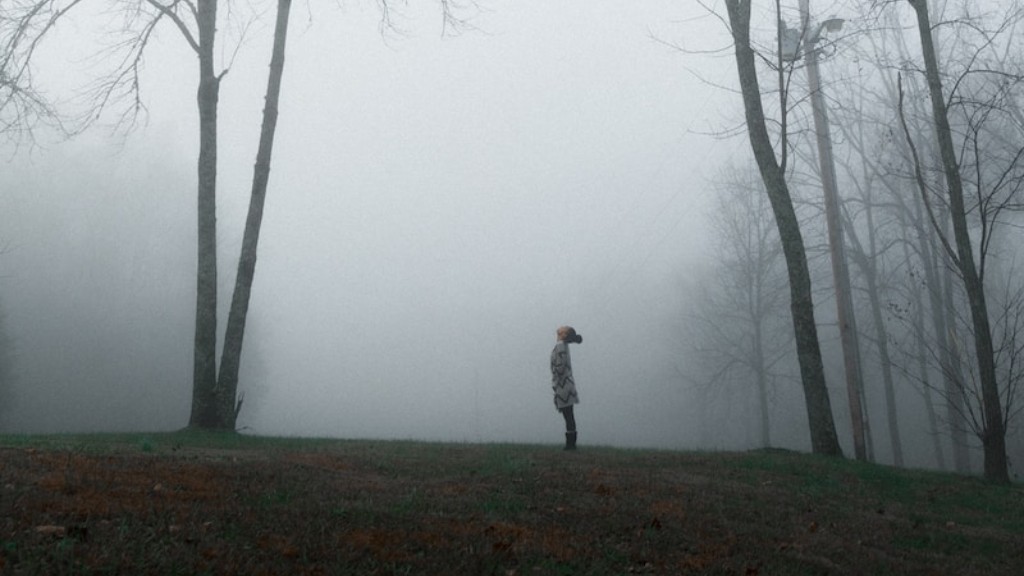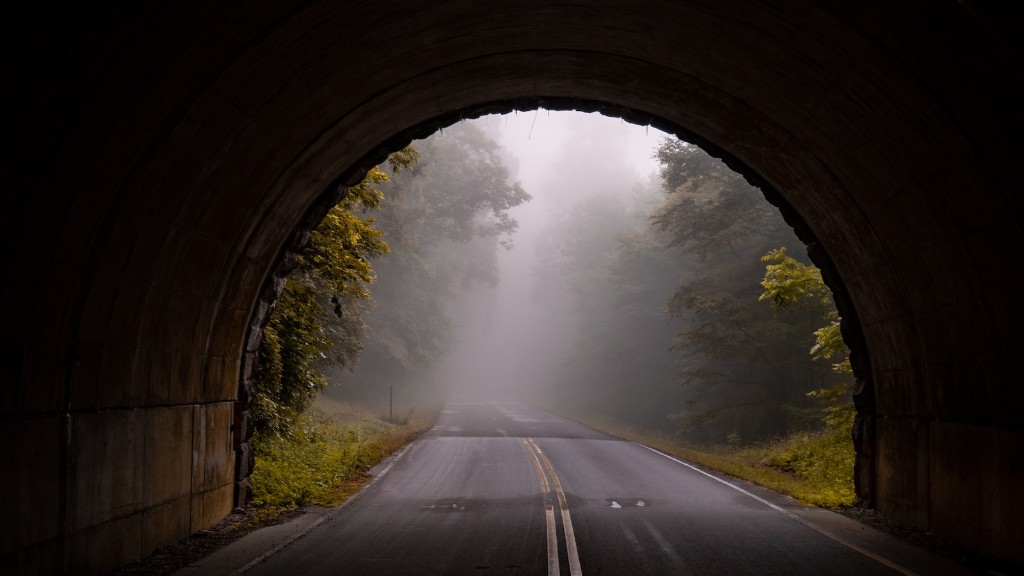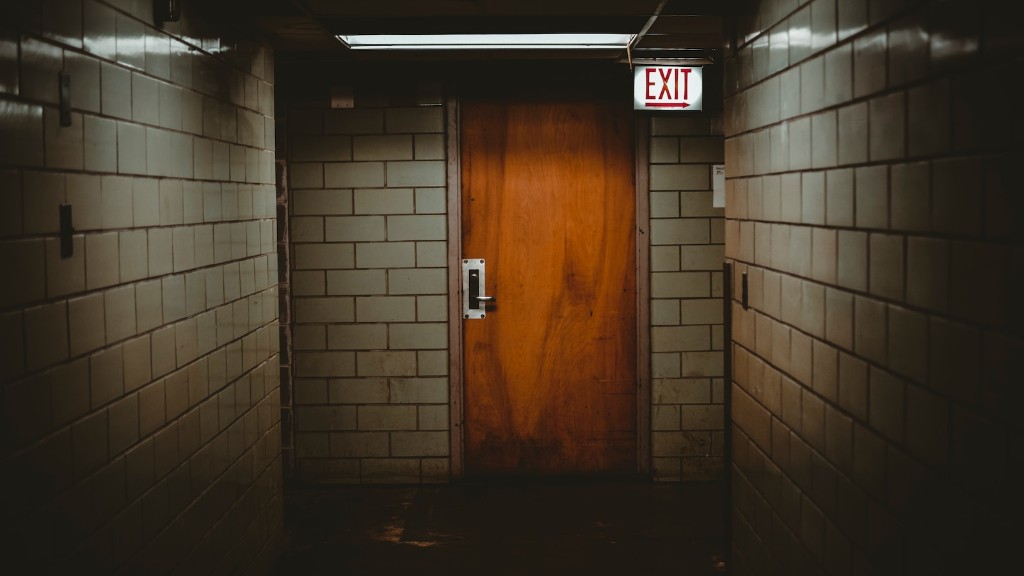The role of women in horror movies has been a controversial topic for many years. Some argue that women are always portrayed as helpless victims who are constantly being chased by the killer, while others claim that this is not always the case. However, there is no denying that the vast majority of horror movies do feature women in these roles. There are a number of possible explanations for this. One theory is that women are more likely to be victimized in real life, so filmmakers use this to create a sense of suspense and fear. Another possibility is that horror movies are geared towards a male audience, and that the portrayal of women as helpless victims appeals to the male fantasy of being the “protector.” Whatever the reason, it is clear that the representation of women in horror movies is an issue that is not likely to go away anytime soon.
There are a number of potential explanations for why women are often chased in horror movies. One possibility is that it is a way to create suspense and tension, as the viewer is left wondering whether or not the woman will be caught and what will happen to her if she is. Another possibility is that it plays into some of the common fears and concerns that women have, such as the fear of being attacked or raped. Additionally, it could be argued that it is a way to objectify and dehumanize women, as they are seen as nothing more than prey to be hunted down. Whatever the reason, it is clear that women are often the target of violence and terror in horror films, and it is something that has been happening for many years.
Why are women always the lead in horror movies?
It is true that many horror movies feature female protagonists, but this is not because women are inherently weak. Rather, it is because horror is a genre that relies heavily on suspense and fear. And what better way to create suspense and fear than to have a protagonist who is not as physically strong as the thing they are afraid of? This is why you often see female protagonists in horror movies running and screaming – they are the perfect embodiment of fear.
It’s no surprise that women are more sexualized and objectified than men in Hollywood films. After all, we live in a society that still overwhelmingly values male pleasure and female virginity. But it’s still disappointing to see how little progress we’ve made in terms of gender equality in the media. Hopefully, as more women enter the film industry both in front of and behind the camera, we’ll start to see a more balanced portrayal of women on screen.
How are women viewed in horror films
It’s no secret that women are often objectified, their characters are underwritten, they are stereotyped, pushed to the margins of the story, and even turned into caricatures in many films. Women are often relegated to playing the damsel in distress, the femme fatale, or the girl next door. This is a problem because it not only reinforces negative stereotypes about women, but it also limits the types of stories that can be told about them. When women are objectified and underwritten, it’s harder for them to be complex, multi-dimensional characters. It’s time for Hollywood to start writing better roles for women, and it starts with giving them more than just one note to play.
Women’s brains make them more likely to be terrified by horror movies, researchers have found. Men and women differ in the way they anticipate an unpleasant emotional experience, which influences the effectiveness with which that experience is committed to memory, according to new research.
What gender likes horror movies more?
One survey found that, on average, younger individuals tend to be more attracted to this scary genre; men are more likely to be fans of horror than women; and women versus men may like different aspects of a horror experience.
This survey provides some interesting insights into who is most likely to be a fan of horror movies. It seems that younger people and men are more likely to enjoy these films, while women may prefer different aspects of the genre. These findings could be used to target marketing efforts or to create more tailored movie experiences.
When we’re scared, our bodies release adrenaline and cortisol, which can lead to increased heart rate and blood flow. This can also lead to increased arousal and sexual desire.
Why do people with trauma enjoy horror?
There is a lot of evidence that supports the idea that addiction to trauma is tied up in biology. The sympathetic nervous system is responsible for the stress and anxiety that is induced by viewing frightening films. In some people, the stress is a welcome thrill. The payoff comes when the movie is over.
The present study found that low neuroticism and high sensation seeking were better predictors of horror movie preference. This is in line with previous research by Zuckerman and Little (1985) which found that these personality traits were good predictors of horror movie preference. This study provides further evidence for the connection between personality and preference for horror movies, and indicates that these personality traits are important factors to consider when predicting someone’s horror movie preference.
Do people get turned on by horror movies
When we’re turned on, the blood flow to our genitals increases and our cortisol levels go up. This is most pronounced in situations where we’re with a new partner or when there’s a novel aspect to sex. If we’re watching a horror movie with someone we find attractive, this effect is even more pronounced.
It’s a common stereotype that fans of horror films are somehow different from everyone else — that they’re somehow more dark, evil, or just plain tragic. But a new study suggests that this simply isn’t true. In fact, fans of horror films may be just as kind and compassionate as everyone else.
The study, which has not yet been peer-reviewed, was posted to PsyArXiv earlier this month. Coltan Scrivner, a doctoral student at Aarhus University in Denmark, examined whether people really do believe that horror fans lack empathy or compassion.
To do this, Scrivner first looked at how people rated themselves on a scale of empathizing with others. Not surprisingly, people who self-identified as horror fans rated themselves as more empathizing than those who didn’t like horror films.
But when Scrivner looked at how people rated others on the same scale, the results were very different. People who didn’t like horror films rated fans of the genre as being just as empathizing as they were. In other words, people seem to think that horror fans are just as kind and compassionate as everyone else.
This finding was borne out in another task, in which participants were asked to rate how
Do horror movies destroy your mental well being?
It’s important to be aware that watching horrific images can have a negative impact on our mental health. If we’re feeling anxious or prone to panic, we should avoid watching these types of images as they can increase our sensitivity to startle-eliciting stimuli. This can make us more likely to react negatively and misinterpret the sensations as real threats.
However, the horror genre is surprisingly feminist; far more so than other genres. This is because horror often deals with the victimization of women, and the ways in which they fight back against their oppressors. In many ways, horror is the ultimate manifestation of the feminist struggle.
What is the snuggle theory
The ‘snuggle theory’ posits that horror films may provide young people with an opportunity to fulfil their traditional gender roles. In other words, watching horror films may help young men and women to become more comfortable with their respective masculine and feminine identities. There is some evidence to support this idea, as many young people report feeling more confident and secure after watching horror films. Additionally, horror films often contain themes and images that are relevant to the lives of young people, making them particularly resonant and relevant. Ultimately, whether or not the ‘snuggle theory’ is true, horror films remain a popular and important genre for young people.
However, my research finds that, on average, people with anxiety are more likely to be horror fans. This may be because horror movies provide a way to safely explore anxiety-inducing scenarios. By vicariously living through the characters on screen, horror fans can confront their fears in a controlled setting.
Do people with anxiety not like scary movies?
People with pre-existing mental health conditions like anxiety disorders may be more vulnerable to negative reactions to scary films. This is because they are more prone to experiencing disgust in response to the graphic depictions in these films. Graphic depictions of violence, blood, and gore can trigger feelings of disgust in people with anxiety disorders, which can lead to negative reactions like fear and anxiety.
Horror movies are not for the faint of heart. If you’re looking for a good scare, check out some of the titles above. But be warned, they are not for the faint of heart.
Final Words
The answer may vary, but one argued reason is that it is a way to play on common fears. Women are more likely than men to be victims of stalking and sexual assault, so having them be the ones pursued in horror movies can create a sense of fear and vulnerability in the audience. Additionally, it can be seen as a way to objectify and sexualize women, as they are often portrayed as helpless and in need of rescue.
The conclusion for this topic could be that women are chased in horror movies because they are typically the ones who are trying to escape the killer or monster. They are also often seen as the weaker sex, which makes them easy targets.




